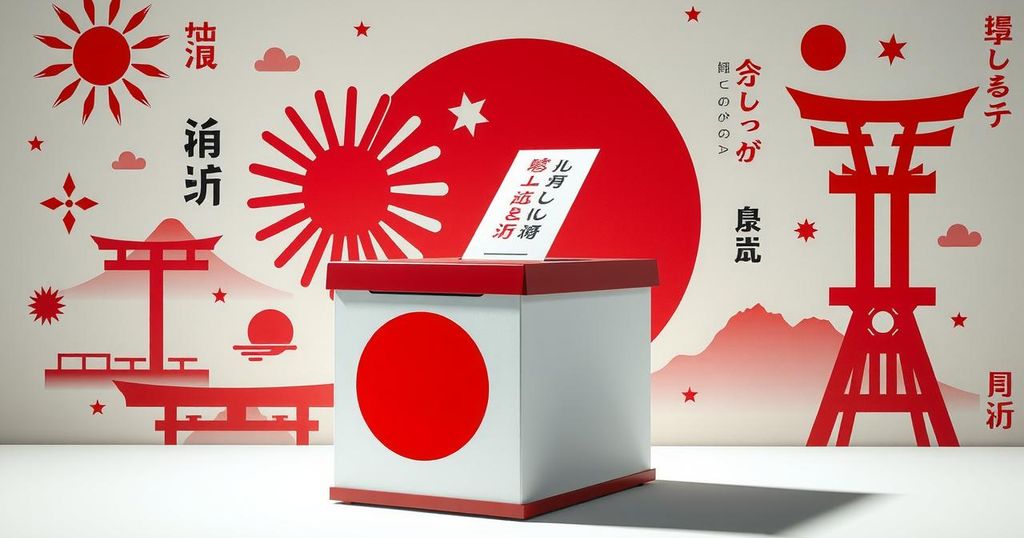Will Japan’s Far-Right Parties Gain Ground in Upcoming Election?

- Japan’s upper house election will take place Sunday amid rising far-right sentiment.
- Far-right anti-immigrant parties, like Sanseito, look to gain traction.
- LDP is struggling with scandals, showing a significant drop in support.
Anti-immigrant rhetoric reshapes Japan’s political landscape
As Japan approaches the crucial upper house election set for Sunday, the political landscape is being notably influenced by far-right parties that are ramping up their anti-immigrant messaging. This comes at a time when these groups look to attract attention similar to what populist movements have seen in the United States and across Europe. Candidates from various parties, while discussing pressing concerns like inflation and job creation, are increasingly discussing immigration issues, making it a central theme of the electoral debates. This sudden endorsement of anti-immigrant sentiment marks a significant shift in Japan’s political discourse as the election date looms closer.
Ruling Liberal Democratic Party faces waning support
Driving this trend are far-right extremist factions, particularly the ultraconservative Sanseito party, which made its debut in the political arena in 2020. Polling fourth among the ten participating parties in this election, they garner modest approval with only 5.9 percent according to the latest NHK survey conducted on July 11. However, crucially, 33 percent of voters currently remain undecided on how they will cast their votes, which could signal a shift if they gravitate towards these anti-immigrant platforms. Political analysts recognize that the ruling Liberal Democratic Party (LDP) finds itself in a vulnerable position with latest polls showing only 24 percent support, linked to multiple scandals affecting the party.
Potential political shifts hinge on undecided voters
The possibility of a fragmented election outcome could lead to a hung parliament scenario, which would compel the LDP to negotiate with smaller parties to stay in power. This situation could potentially amplify the voices of hardline parties like Sanseito, alongside other right-wing groups such as the Conservative Party of Japan, Japan Innovation Party, and the Democratic Party for the People. These smaller factions may demand a more influential role in governance or even cabinet positions, reshaping the political landscape of the country, which could lead to significant policy shifts. Hiromichi Moteki, a historian and former LDP supporter, expresses his disappointment with incumbent leadership, dismissing current Prime Minister Shigeru Ishiba’s effectiveness as “hopeless.” With sentiments like these echoing among disillusioned voters, it remains to be seen how these elections will play out.
As Japan prepares for its upper house election, the emergence of far-right parties exploiting anti-immigrant sentiment could complicate the electoral landscape. The ruling LDP’s declining support and the presence of undecided voters may yield unexpected results, possibly empowering these fringe parties. The outcomes of this election might not only reflect voter sentiment towards immigration but could also redefine Japan’s political alliances in the near future.






